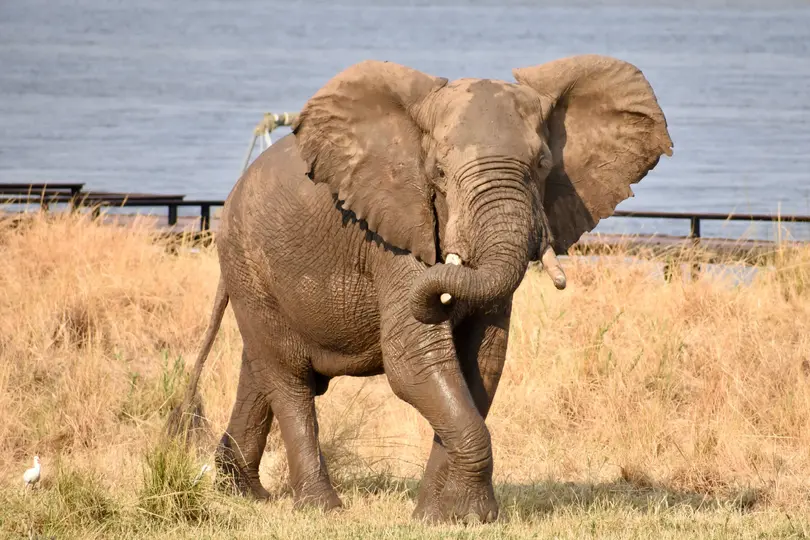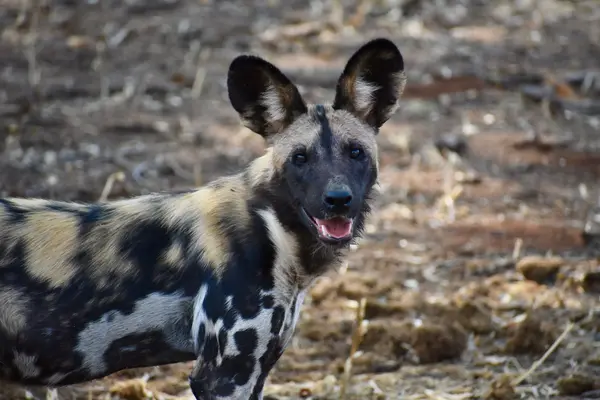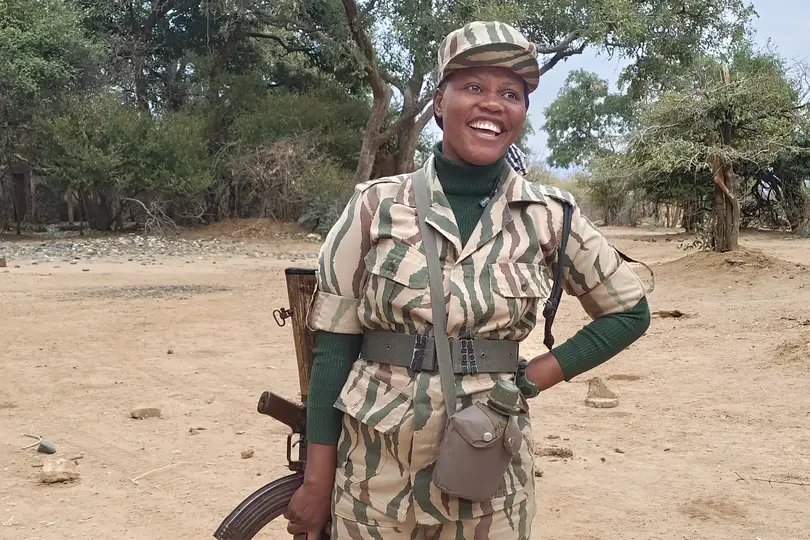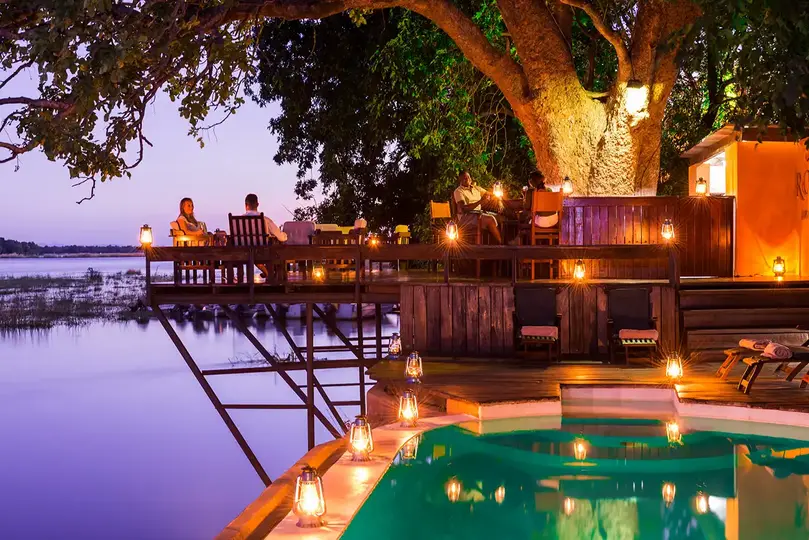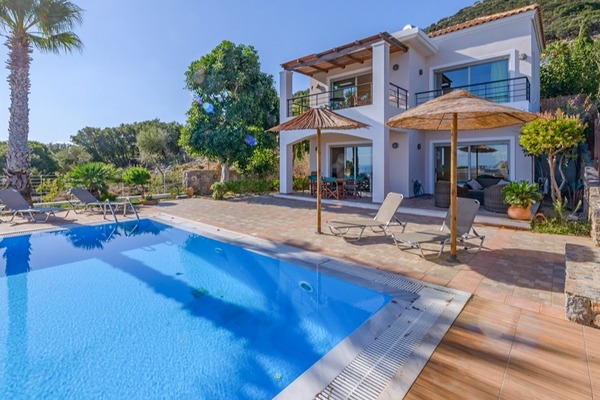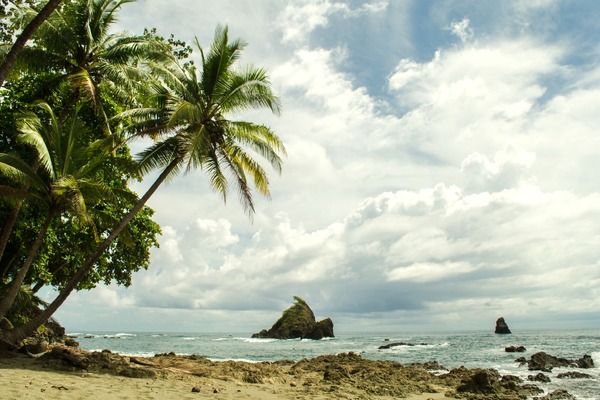Tourist turned gamekeeper: my safari on Zambia's conservation frontline
We meet the conservation heroes focusing their efforts on wildlife protection, environmental education, and community empowerment, all leading to a better-quality safari experience for your clients in the destination

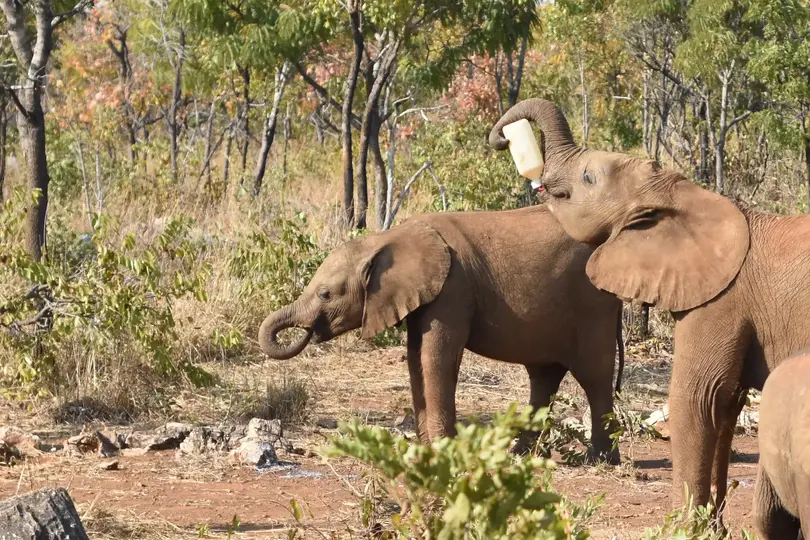
There’s a knock from outside my safari lodge. I assume my porter, Jelous, has arrived early to escort me to dinner. I pull open my front door. I’m greeted by a massive African elephant staring back at me.
Her three oblivious calves continue to munch on the saplings in my garden, but she’s as startled as I am. She raises her trunk towards me and lets out a trumpet blast. It’s a potentially dangerous situation, and one that local farmers face regularly.
The elephant population in the Lower Zambezi National Park is buoyant. My lodge at Baines River Camp opens onto unobstructed views across the Zambezi River, and – whether I’m sitting on my patio or paddling my canoe – I see large groups of them wading across the river from Zambia to Zimbabwe and back.
“Elephant numbers are growing thanks to increased law enforcement,” says Rachael Murton, director of wildlife rescue at Game Rangers International (GRI), which runs an elephant orphanage in Lusaka National Park, on the outskirts of Zambia’s capital.
Opened in 2015, it’s the country’s smallest and newest national park. Today, 30% of Zambia’s landmass is dedicated to protected areas and conservation initiatives.
“Originally poaching was the leading cause of orphaned elephants, but now it’s mostly human-elephant conflict,” Rachael explains.
“Elephants hone in on farmers’ crops like kids in a sweetshop. Villagers chase them away and that’s when a baby elephant can become separated from its mother. If the herd runs at full speed, the young can’t keep up.”
GRI’s nursery is open to the public, but there are no hands-on feeding experiences: guests view the baby elephants from an elevated wildlife hide, draped in camouflage netting.
“In order to be released successfully they need to be wild,” says Rachael. “If they’re seeing lots of people every day, they’ll become habituated to humans, and that will cause problems later on.”
Hidden from view, we watch the orphaned elephants appear from the forest: the babies corkscrew nimble trunks around the milk bottles being offered by their keepers, pop the teats into their mouths, and drain them in seconds.
Wild dogs cry out…
The snapping of jaws shakes the air and rattles nerves. High-pitched barks rise to a crescendo and claws frantically scratch and scrape. The hounds are desperate to get at me.
Along with an all-female pride of lions, I’ve been lucky enough to spot a rambunctious pack of wild dogs in Lower Zambezi National Park today, but these canines are something else – they have to be kept in locked cages behind electric fences.
“I hope you don’t have any rhino horn on you,” Peter Tembo jokes, as he throws open the enclosure doors and four hounds launch themselves at me. The Belgian malinois dogs, Kalo and Hammer, are large enough to plant their forepaws on my shoulders, while Smoke and Skye merely scrabble at my knees. All of them get the fussing and cuddles they crave.
Founded exactly 30 years ago, Conservation Lower Zambezi (CLZ) is a non-profit organisation dedicated to protecting wildlife and promoting sustainability in the Lower Zambezi region. Adding to their aerial, marine, and rapid response patrols, CLZ launched their dog unit in 2016.
“They’ve been trained to track and detect ammunition, pangolin scales, ivory, bushmeat, and rhino horn,” says Peter, the head handler.
“We imported Kalo and Hammer especially for the job, but we’ve had Smoke and Skye since they were six months old: they’re part of a pilot project to train village dogs – or strays – to track poachers.”
The initiative has been a success. The dogs are kept in an electrified compound to protect canine wildlife rangers who, in the last year, sniffed out 11 firearms, 90 rounds of ammo, 26 poaching suspects, and 450kg of illegal bushmeat.
In 2023, 11 elephants were killed by poachers in the park, but that’s a dramatic improvement over the past.
"30 years ago, you would hear gunshots at night: poachers coming in and shooting elephants without any fear of being caught or reprimanded,” says Frances Hannah, CLZ’s fundraising manager.
“Our three pillars are wildlife protection, environmental education, and community empowerment,” says Frances.
Power rangers
As a result, 60.5% of foot patrols are now conducted by scouts recruited from the local community. Owing to CLZ’s all-female training programme launched in 2021, Kufadza – which means ‘inspire’ – 27% of those scouts are women. For many, their goal is to become wildlife police officers for the Department of National Parks and Wildlife, like Leveniah Banda who takes me on foot patrol.
"Everybody knows someone who has been killed by an elephant. They’ve all lost a friend or relative to an elephant, a hippo or a crocodile,” says Leveniah, telling the other side of the story.
“That’s not a reality most of us have to face,” Frances says, explaining why programmes to reduce human-wildlife conflict – such as elephant repellent workshops about growing and spraying crops with chilis – and to educate children are so important.
“Many locals see wildlife in a negative light, so we take the kids out on game drives and teach them all about these animals, what tourism means to Zambia, and instill pride in what Zambia has to offer, the landscapes, the wildlife but also the people.”
Come dinnertime, there’s another knock at my door. I’ve learned my lesson, and I check my guest is human before I open it. Jelous stands in the doorway with a look of anxiety on his face.
“We can’t walk to dinner just yet,” he says, and steps aside by way of explanation. On my lawn behind him stands the largest hippo I’ve ever seen.
Book it: African Pride offers three nights at Baines River Camp and three nights at Royal Zambezi Lodge, based on two adults sharing, from £4,369pp, departing Heathrow on 6 May 2025. Price includes international and local flights, full-board accommodation, local drinks, game viewing and park fees; african-pride.co.uk
For more information, visit zambia.travel
Three great safari stays
Royal Zambezi Lodge
Just outside Lower Zambezi National Park, each suite here is unique, offering roll-top baths under canvas or thatching, private plunge pools, and verandas looking across the Zambezi River to Mana Pools World Heritage Site in Zimbabwe. Guests can visit Conservation Lower Zambezi for free.
Baines River Camp
Directly on the banks of the Zambezi River, the gardens and patios of these cosy, carpeted, bricks-and-mortar chalets become a playground for elephants and hippos each evening. Guests can visit Conservation Lower Zambezi for a small fee.
Lilayi Lodge
Situated beside Lusaka National Park, Lilayi is the former home of GRI’s elephant nursery. Comfortable chalets sit within 650 hectares of grassland, home to a resident herd of giraffe — a great city stay to kick-start a safari.
